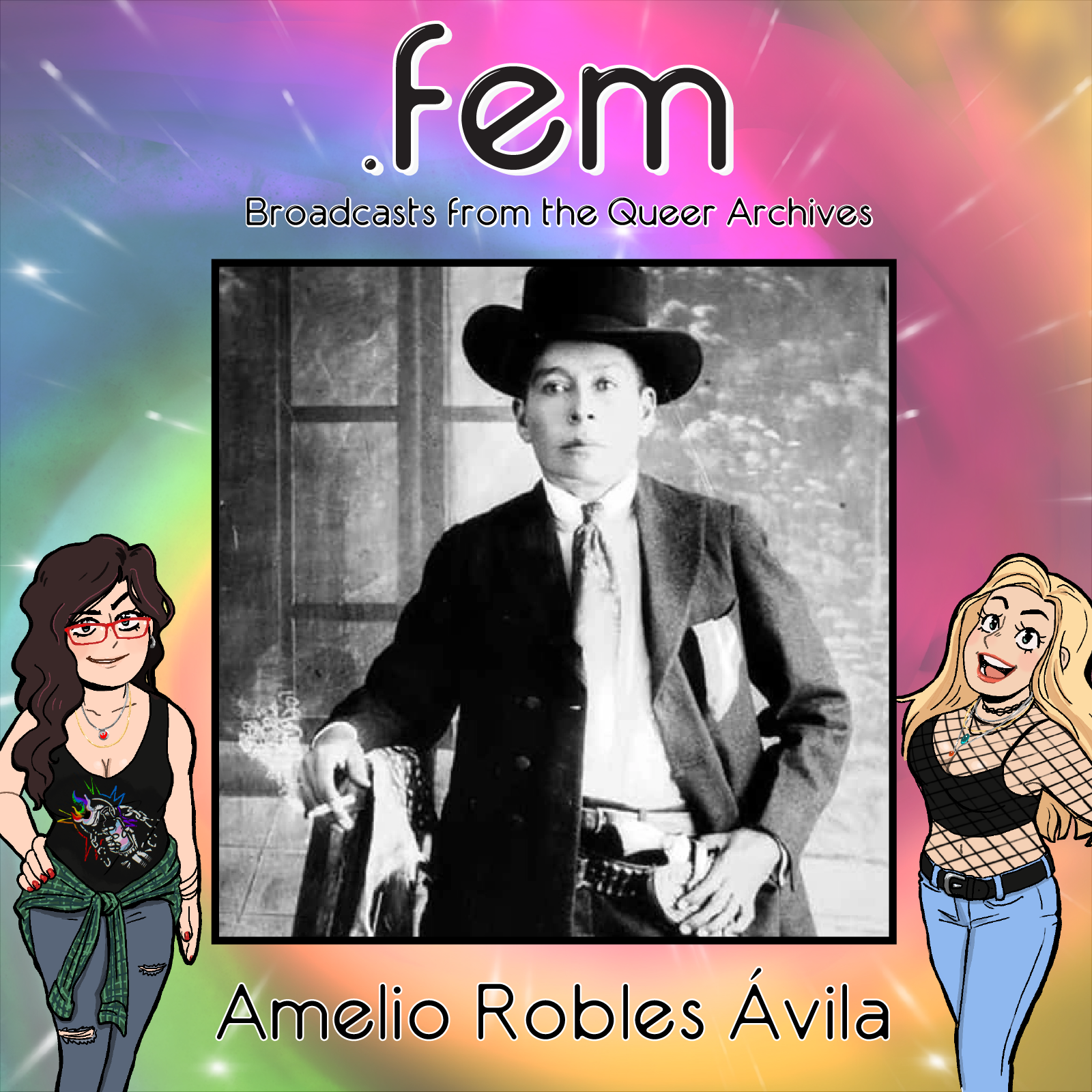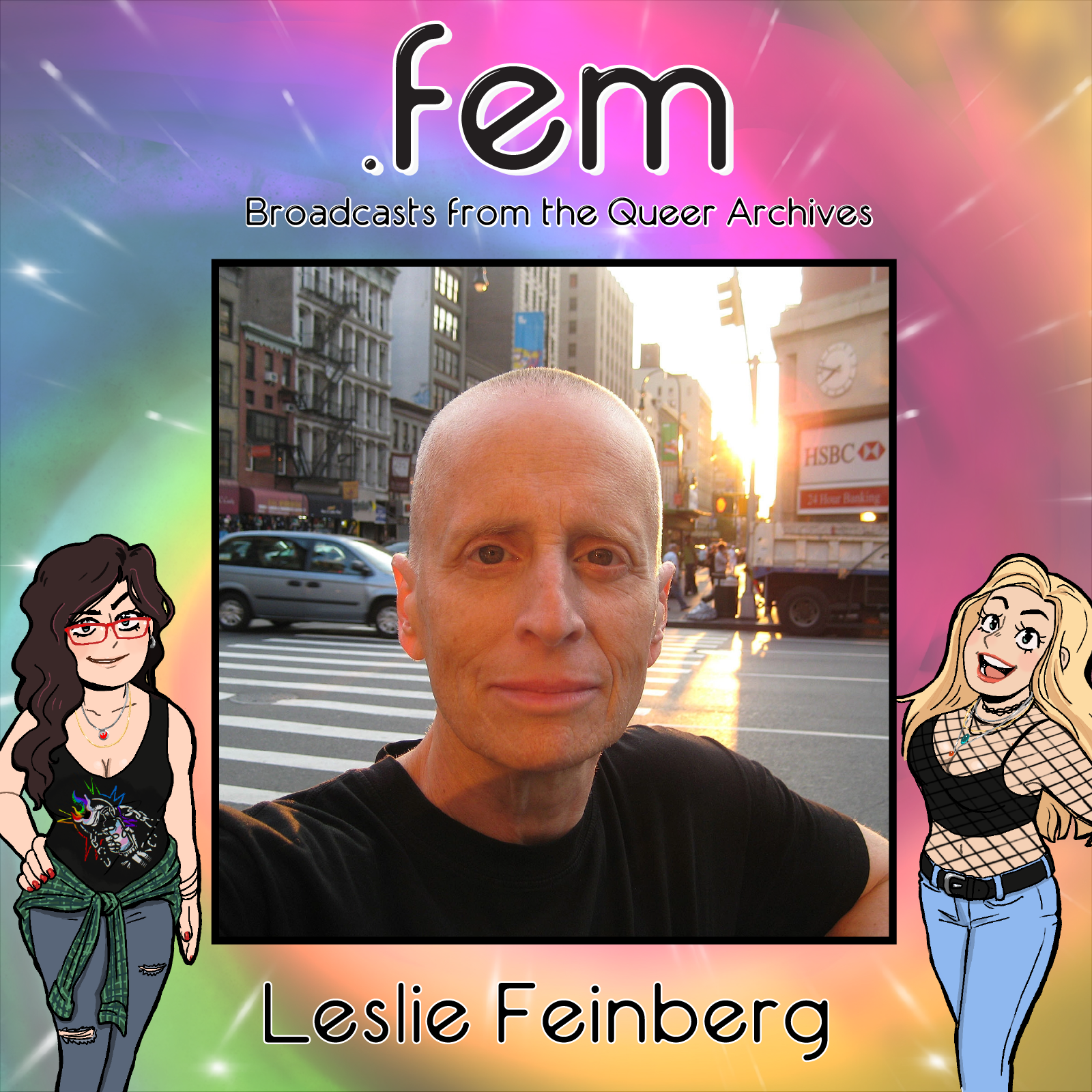
Episode 5 – Amelio Robles Ávila
In This Episode
Colonel by rank, icon by choice.
In this episode of Dot Femme, Dany Gonzalez and Claire Michelle ride into revolutionary-era Mexico to uncover the remarkable story of Colonel Amelio Robles Ávila — a trans man, military commander, and decorated veteran of the Mexican Revolution.
From smuggling arms for Zapata’s army to carrying military correspondance across the wartorn countryside, Robles earned his place as a respected leader in the fight for justice. But his legacy is more than battlefield heroics — Robles lived openly as a man from the age of 24, was legally recognized by the Mexican government, and built a life of conviction and family on his own terms. His story stands as a testament to the revolutionary power of living authentically.
We trace his journey from guerrilla commander to decorated war hero — and unpack what it means that his name is still engraved on school buildings… in the wrong gender.




